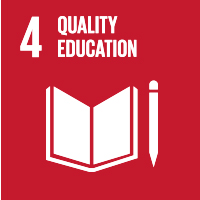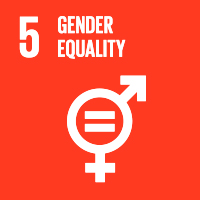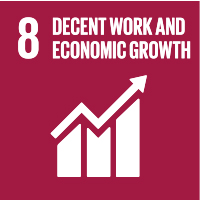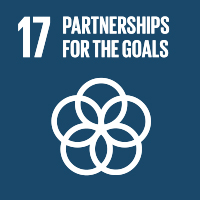Policy, advocacy and convening power
Digital Skills Campaign
Digital Skills Thematic Priority
ITU, together with ILO, is leading the Digital Skills Thematic Priority of Decent Jobs for Youth. The Digital Skills Thematic Plan takes a two-pronged approach, including in-country action and the joint ITU-ILO Digital Skills for Jobs Campaign. ITU contributed the Digital Skills Toolkit as a knowledge resource of Decent Jobs for Youth. Available in six United Nations languages, the Toolkit supports stakeholders in building their digital skills development strategies. ITU continuously raises visibility for the importance of the Digital Skills Thematic Priority and is supporting countries in their digital skills implementation efforts.









